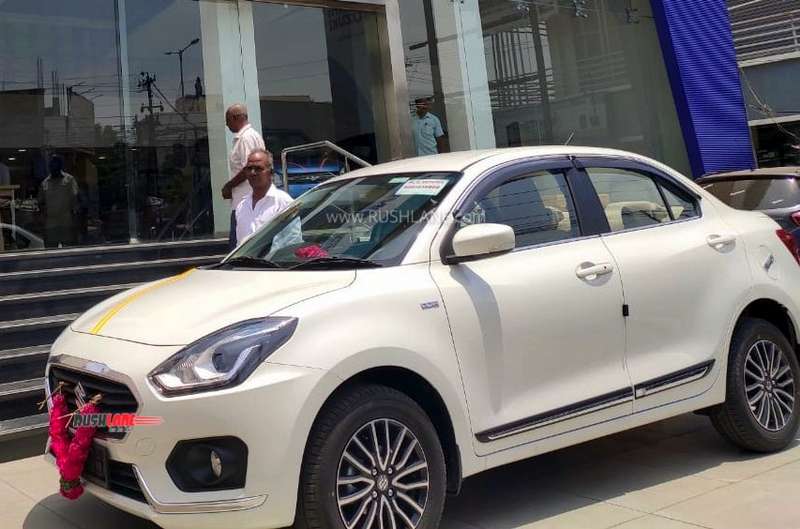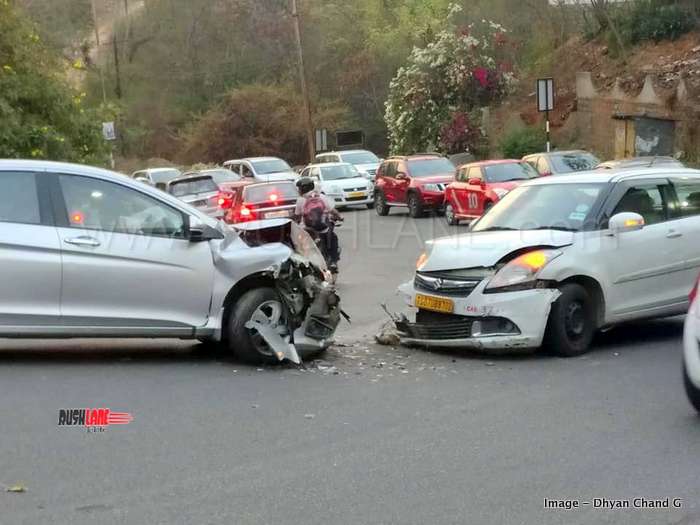
With the new safety norms coming into effect from 1st July 2019, car manufacturers in India are busy updating car models which do not meet the norms. Improving safety, means added cost. Mahindra has announced a price hike of upto Rs 36,000 on select models due to this.
Maruti Suzuki India too is updating safety of their cars. Earlier this week, the company updated safety of Swift and WagonR. Today they have revealed that the new Dzire is now compliant with “AIS-145 Safety Norms”.
Apart from that, Maruti has also announced the launch of Dzire petrol, which is now BS6 compliant. Price of Maruti Dzire now ranges from Rs Rs. 5,82,613/- to Rs. 9,57,622/-, ex-sh, Delhi. This translates into a price hike of up to Rs 15,000.

Powering the Dzire are the same set of engines – 1.2 liter petrol and 1.3 liter diesel. Only the petrol has been updated to BS6 while diesel is still BS4. Power output and mileage figures stay same as before.
In a move towards making cars safer, reduce the number of accidents and in a bid to bring down the rate of fatalities on roads in India, the Union Road Transport Ministry has brought in these new set of mandatory safety features.
The new safety features which are mandatory to be offered as standard across all variants and all passenger cars are – airbags, seat belt reminders, speed alert systems, reverse parking sensors, central locking, ABS and EBD which are now offered as standard.
While most luxury cars come in with this safety equipment, it is the entry level cars which do not get these features or get them as option. This results in many ignoring their purchase due to the increased costs involved.
These safety features make the cars compliant with AIS-145 Safety Norms. Here AIS stands for Automotive Industry Standards while 145 means that all cars sold from 1st of July 2019 should contain these mandatory safety features.
Besides these safety features, cars in the country will also have to conform to Bharat New Vehicle Safety Assessment Program (BNVSAP) norms. This comes into effect from 1st October 2019. This means that the cars will have to undergo structural changes after which they will be put through crash tests prior to being approved for sale in India.

